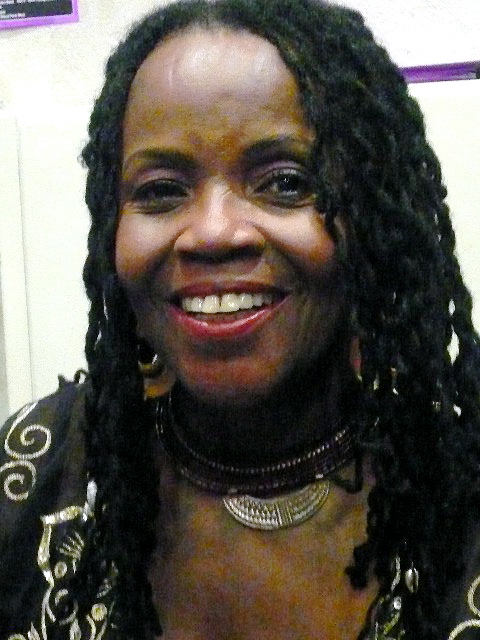Coriolanus: Shakespeare's Timeless Play Resurfaces Amid Political Turmoil

Coriolanus, one of William Shakespeare’s lesser-known tragedies, is making a rare appearance in Australian theatres, particularly under the direction of Peter Evans at Bell Shakespeare. The play, set in the fraught political landscape of the early Roman Republic, draws striking parallels to contemporary political climates, particularly in the context of the recent Trump administration. This production, running until July 19, 2025, at The Neilson Nutshell in Sydney, explores themes of populism, elitism, and the tragic consequences of political hubris.
The narrative follows Gnaeus Marcius Coriolanus, a formidable Roman general whose victories on the battlefield are overshadowed by his disdain for the common people. As a patrician, Coriolanus embodies the classist tensions that Shakespeare critiques throughout the play. According to Dr. Kirk Dodd, a Lecturer in English and Writing at the University of Sydney, Coriolanus’s character is emblematic of leaders who fail to engage with their constituents. "His refusal to acknowledge the plebeians' rights leads to a brutal political fallout that feels eerily relevant today," Dodd stated.
The play has not been professionally staged outside the United Kingdom since 2000, making this production a significant cultural event. According to the Bell Shakespeare company, this is only the second time they have staged Coriolanus, with their previous production occurring 29 years ago. The historical context of the play, set in the 490s BC, reflects a society grappling with issues of power, loyalty, and the fragility of democracy.
Evans has crafted a contemporary setting for the production, drawing inspiration from the post-Berlin Wall era of the mid-1990s. This choice adds layers to the narrative, prompting audiences to reflect on the parallels between ancient Rome and modern political dynamics. The staging utilizes a traverse format, allowing the audience to engage with the performance from opposing sides, symbolizing the division between the patricians and plebeians.
Key performances include Hazem Shammas as Coriolanus, whose portrayal has been described as "a force to be reckoned with" by critics. Peter Carroll's performance as Menenius, a shrewd Roman senator, adds a layer of irony and political nuance to the production. According to theatre critic and scholar Dr. Emma Richards, "Carroll's ability to navigate the complex political landscape of the play illustrates the ongoing relevance of Shakespeare’s work in our contemporary discourse."
The production also features standout performances from Brigid Zengeni as Volumnia, Coriolanus’s ambitious mother, whose expectations shape her son’s character. Zengeni’s portrayal emphasizes the familial pressures that contribute to Coriolanus’s tragic downfall. The tribunes Sicinius and Brutus, performed by Matilda Ridgway and Marco Chiappi, respectively, represent the shabbier left-wing agitators opposing the conservative patricians, further highlighting the play’s exploration of class struggle.
However, some critics have noted that the production could have benefitted from a more dynamic portrayal of the battlefield scenes, which, at times, fell flat compared to the rich political dialogue. Nevertheless, the emotional and psychological depth of the characters remains a strong focal point, with Shammas’s commanding presence leaving a lasting impression on audiences.
As political tensions continue to rise globally, Bell Shakespeare’s timely revival of Coriolanus serves as a reminder of the cyclical nature of power and the often tragic consequences of leaders who ignore the voices of their people. The production invites viewers to reflect on their own political realities, making Shakespeare’s work as relevant today as it was in his time. With plans for a tour to Melbourne following the Sydney run, the enduring themes of Coriolanus promise to resonate with audiences well beyond the stage.
In summary, Bell Shakespeare's production of Coriolanus not only revives a rarely performed play but also engages with pressing contemporary issues, prompting discussions about leadership, class, and the responsibilities that come with power. As we witness the unfolding of political dramas in the real world, Shakespeare's insights remain as vital as ever.
Advertisement
Tags
Advertisement





